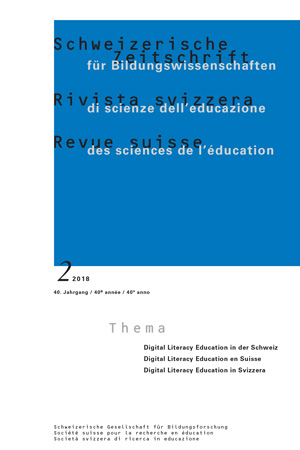Followership in education requires experience. A comparison of compulsory and vocational schools
DOI:
https://doi.org/10.24452/sjer.40.2.5071Keywords:
Followership, compulsory schools, vocational schoolsAbstract
The greater autonomy granted to schools in the course of their partial self-governance goes hand in hand with greater responsibility for the quality of schools and teaching. Teachers play a central part in this: in their new role as followers, they must demonstrate commitment to the goals of the school and the decisions of the school management, proactively assume responsibility for teaching and school development and cooperate more closely in the team.
Unlike in compulsory schools, teachers at vocational schools are more familiar with the follower role. On the one hand, an administrative-organizational management, which is responsible for pedagogical management, personnel management as well as school and quality development, has already been established at vocational schools for some time. On the other hand, teachers at vocational schools must have a regular occupation with corresponding professional experience and are therefore already familiar with the follower role in this context.
This article examines how the different followership experience of compulsory and vocational school teachers affect the self-reported follower attributes as well as the understanding of a good follower. In this context, the attributes commitment, active contribution to school and classroom development as well as team cooperation are considered.
Findings on group differences in the self-reported degree of commitment and cooperation as well as in the understanding of good followers and their implications for school practice and research are discussed.
Downloads
Downloads
Published
Issue
Section
License
Copyright (c) 2018 Kirsten Schweinberger, Brigitte Huber

This work is licensed under a Creative Commons Attribution 4.0 International License.



